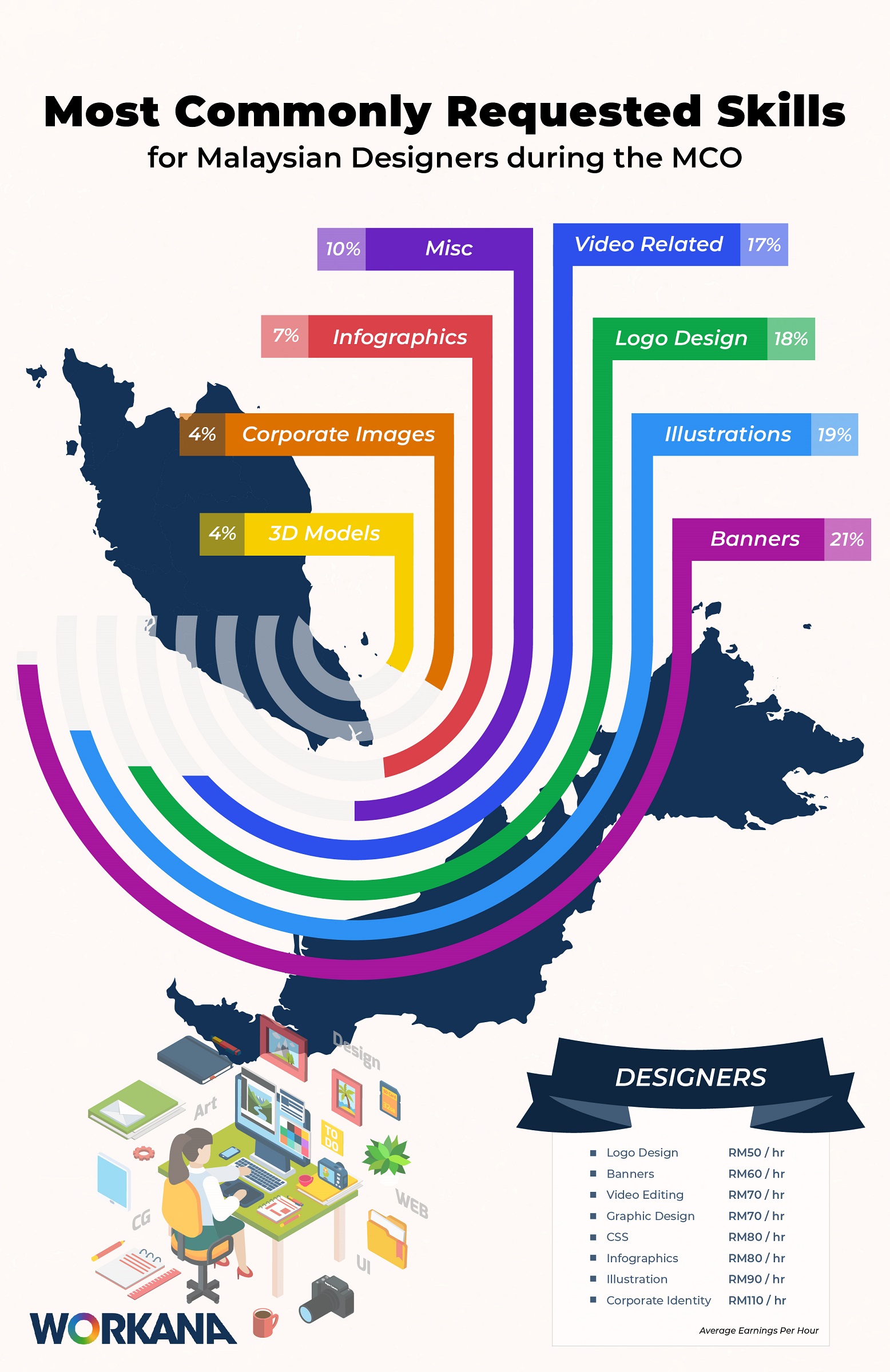Author: Tomas O’Farrell, Co-Founder, Workana
The COVID-19 pandemic is reshaping how companies are operating, as remote working is put to the test. In the midst of the pandemic, businesses are identifying economic opportunities and challenges that require an agile and rapid response. The challenges are anticipated to linger, according to a forecast from Malaysia's AmBank stating that a coronavirus-induced recession will impact the tourism, manufacturing, construction, mining, and agricultural sectors.
For many companies, this means adapting some of their business and work culture to a remote workforce for an extended period. Management practices, team collaboration and communication approaches all need to evolve to support the way that businesses need to function in the short term, and likely continue to operate to some degree after the pandemic is over. Employees will also need to be more proactive and learn to master some soft skills critical to effective virtual interactions, such as interpersonal skills. This is because the typical cues of in-person interactions will be absent or less obvious during online meetings.
It is during this time that freelance workers can be considered an important addition to companies. These individuals are often updating their skills and gaining expertise from other projects. They are also adept at using technology to collaborate. Human Resource departments can quickly identify the right fit for a project. In recent years, many Malaysian companies have begun to warm up to the idea of outsourcing software and technology development projects, creative work, translation, and data entry tasks to freelancers. In 2017 alone, the Employees' Provident Fund (EPF) estimated that the freelancing and gig economy had grown 31 percent, surpassing the growth of the traditional employment sector.
These capabilities are important for companies to have as they take the opportunity to invest in transforming their businesses while developing new products and solutions. This is important because it can help them to survive post pandemic. In addition, it is a chance for companies to embrace freelance workers, and integrate them into teams as key component of the organisation. However, the integration of freelancers into companies all over the world is at a transitional period but soon will become a familiar scene as companies are looking to survive this pandemic
On the other hand, without a clear plan for how to incorporate freelancers, companies will miss out on the full benefits of working with them, such as having external support to focus on company priorities and getting projects completed on time. As Deloitte notes in its 2019 Human Capital Trends report, "for organizations that want to grow and access critical skills, managing alternative forms of employment has become critical."
This is as true about technology adoption for virtual collaboration, project management and data sharing as it is about the internal structure and culture of the organisation. Ultimately, trust, patience and support are the most important aspects of a successful, modern virtual workplace. When organisations open the door to freelance workers, it can help organisations to react quickly to changing market conditions and complete planned strategic initiatives to generate business growth.









